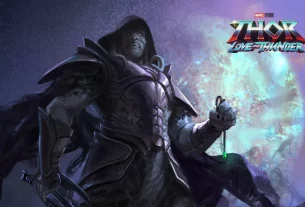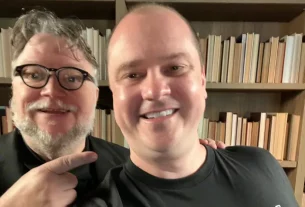“Blade Runner 2049” is directed by Canadian director Denis Villeneuve. The film is based on Philip K. Dick’s novel “Do Androids Dream of Electric Sheep?”.
The story takes place 30 years after “Blade Runner” in 1982.
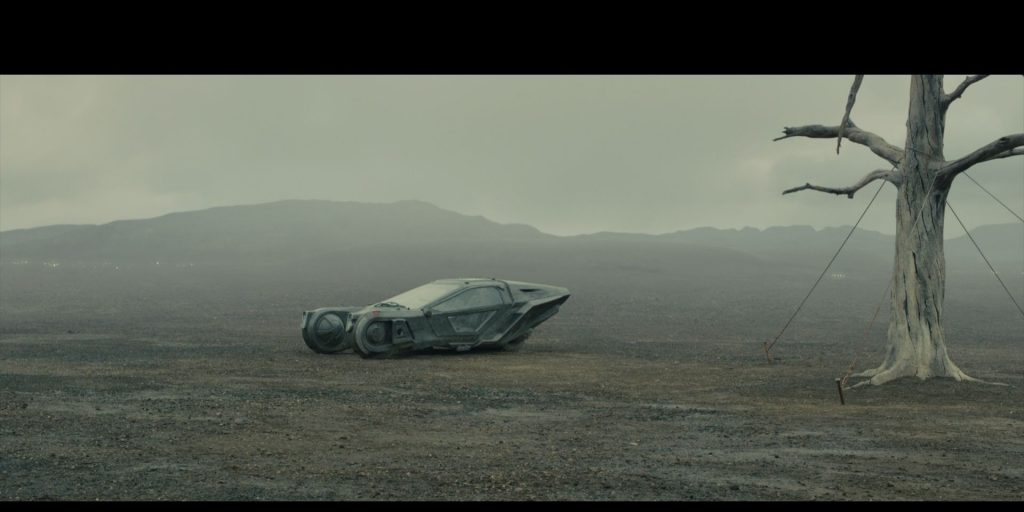
“Blade Runner 2049” was released in North America on October 6, 2017.
The film is excellent and meticulous in terms of theme, content, composition, soundtrack and many other aspects.
The content of the film is rich in details and has far-reaching implications. Here, I will try to discuss it superficially from the perspective of the plot.
Related Post: “Blade Runner” live-action drama series under development, 10 episodes expected.
“Blade Runner 2049” is a typical cyberpunk dystopian science fiction movie.
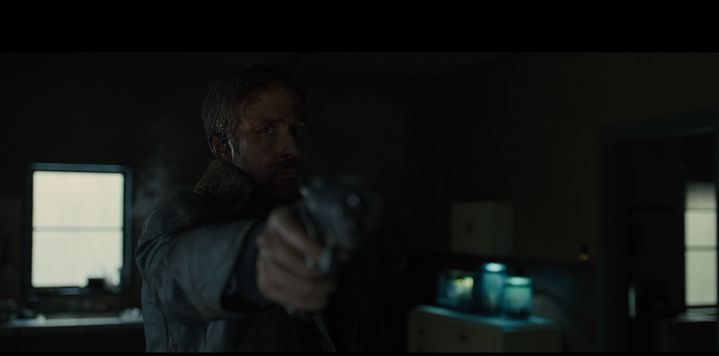
Here, human society is highly developed in science and technology, and the living environment is extremely harsh.
Human beings co-exist with artificially-made clones with extremely strong bodily functions and independent consciousness.
However, the social status of the two is completely different: human beings are in complete control of clones, and clones are used as a tool to replace humans in various high-risk occupations.
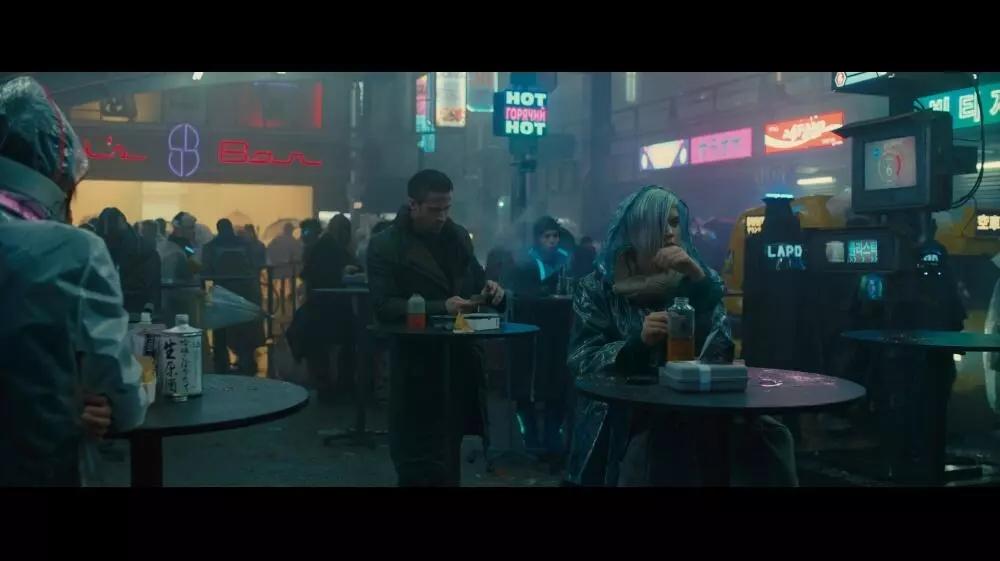
The clones have exactly the same appearance characteristics as humans. The only difference is that some hidden body parts are marked with the clone number (such as the inside of the eyes, on the skeletal fibers, etc.).
It is difficult for you to tell whether a person is a clone, and there are many clones who escape human control and desire to become independent human beings.
Related Post: Blade Runner 2049.
The protagonist of “Blade Runner 2049” is a copy of “Blade Runner” named K, and his job is to “retire” (ie hunting) a copy of humans out of human control.
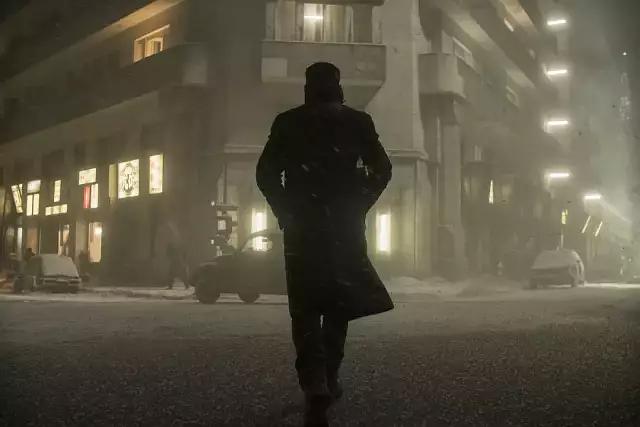
The story begins when K is ordered to hunt down a copy of Sapper Morton who has been hiding for many years.
In Morton’s residence K, he found a copy of the human skeleton of a female who died of dystocia. This discovery directly shook the foundation of human social order.
Duplicators are man-made products and human tools. Even if they have free will, they have no soul.
And human beings are creations of nature, noble and soulful.
Therefore, K’s superiors asked K to cover up this discovery and eliminate all evidence.
K continued to trace the baby and found that two babies with the same DNA were born at the same time, and his memory and physical evidence were very consistent.
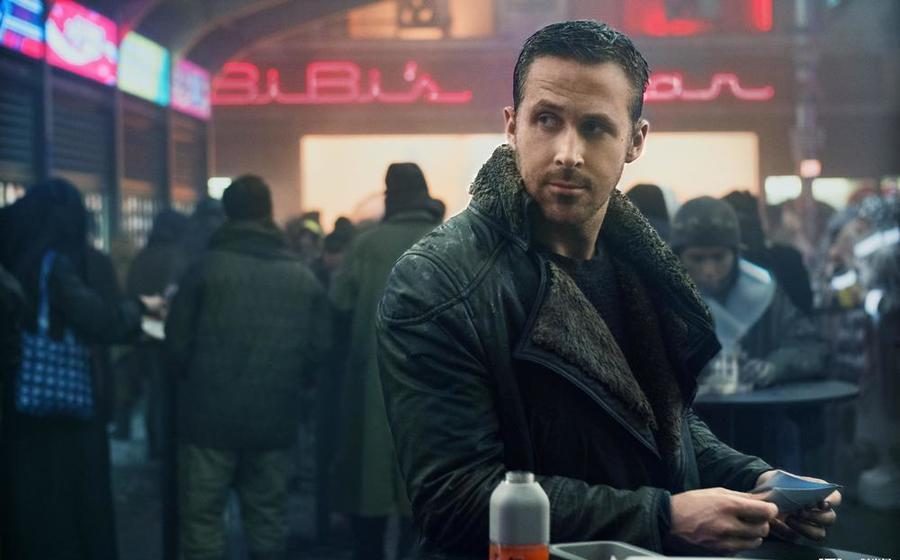
K gradually suspected that he was this naturally born baby boy, a real human being.
With this emotion, K found his “father” (the protagonist of “Blade Runner” in 1982). The emotion of “getting a soul” is really hard to describe.
As the plot progressed, K found that his memory was copied to K by the baby girl who became the memory maker based on his own memory. K is still just a copy without a “soul”.
Such a psychological gap created a strong dramatic effect and also highlighted the theme of the film: what is human nature and what is soul?
In the story of “Blade Runner 2049”, K has experienced the psychological experience of copying humans-humans-copying humans.
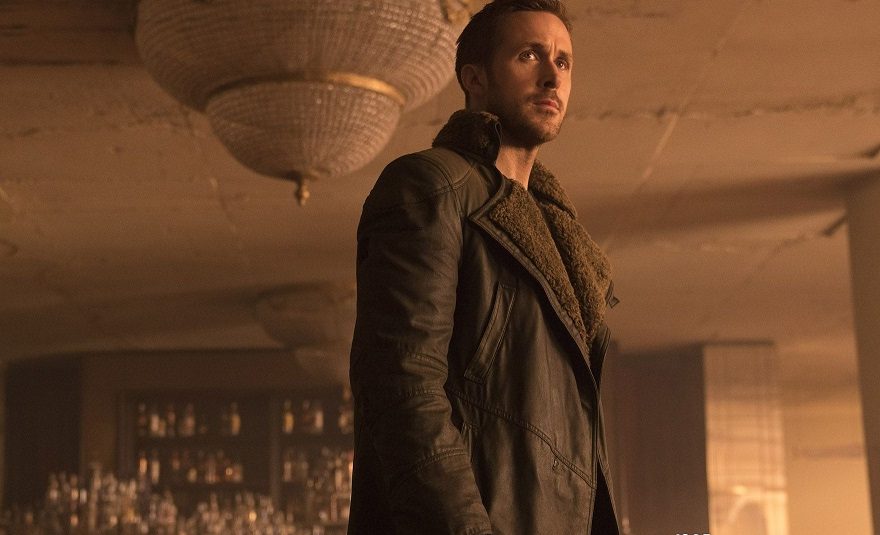
He went through the process of copying humans with tools without emotions and obeying orders, to becoming a real human with a “soul”, and then back to copying the identity of a human.
When he thought he was that extraordinary baby, he no longer had no feelings, and therefore he could not pass the clone benchmark test.
He began to see and feel the world from a human perspective, and this change also reflected the theme of “Blade Runner 2049” from one aspect.
If false memories can make clones so close to humans, then how do we distinguish between humans, how to define ourselves, and how to express the soul?
As the protagonist of the clone, K, everything in his life is false and artificial.
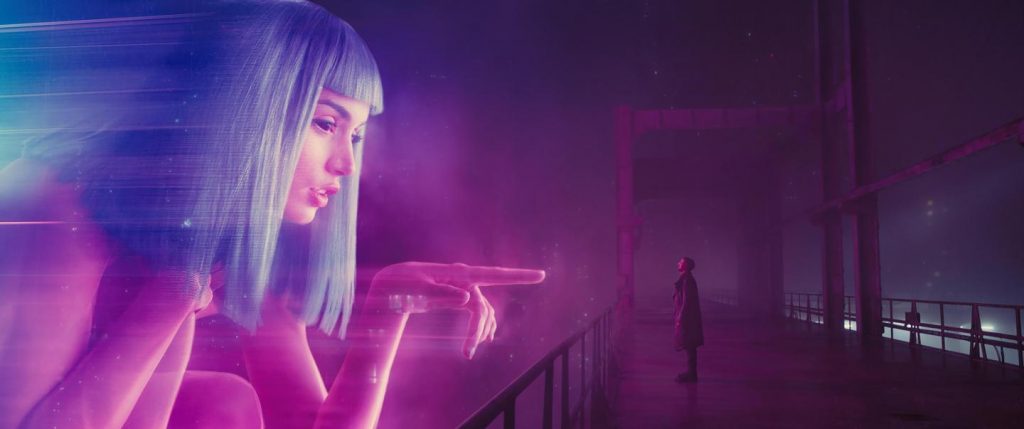
His electronic girlfriend is one of the tens of millions in mass production, and the childhood memory he misses deeply is a copy of another person.
His father Deckard, whom he had experienced so many difficulties, was not his relatives, but his feelings for all of this were truly incomparably true.
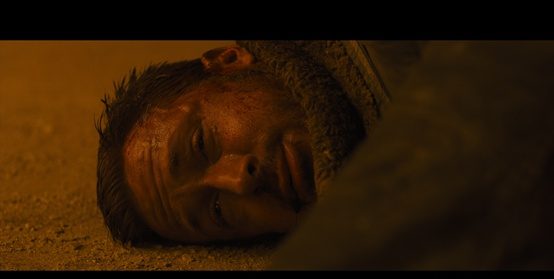
He loves his electronic girlfriend Joi deeply, and his tears are real when the projector carrying Joi is smashed.
When he returned to the orphanage where he lived in his memory and found the wooden horse he had hidden, his touch was real.
When he found his father and had a drink and chat with him, his feelings for the “father” in front of him were also true.
But when he understands the truth and understands that his memory is someone else’s, or he is a copy, he has become a “person”.
He still chooses to save Deckard, who is not directly related to him, regardless of the danger of his life, and let him meet his daughter.
Such behavior based on love may be what humans with a “soul” can do in the true sense.
Another highlight in “Blade Runner 2049” is the vivid portrayal of K’s electronic girlfriend Joi.
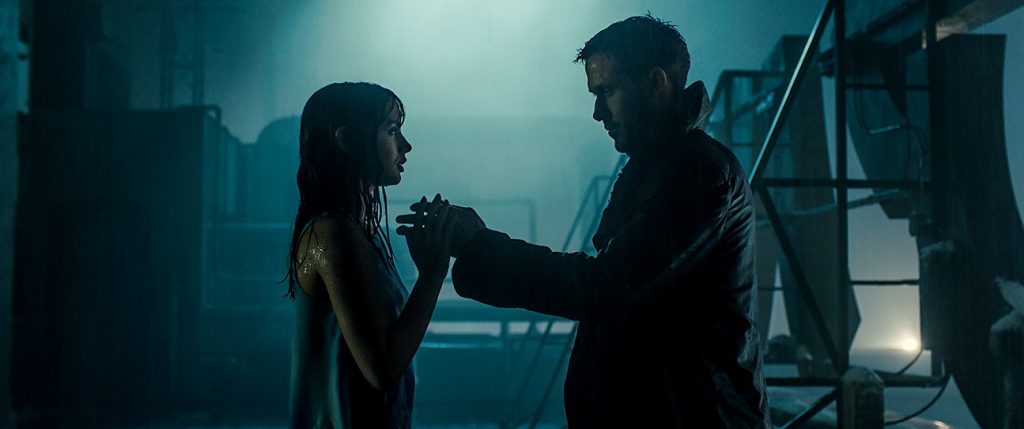
As an artificial intelligence product designed, is her love for K real?
Or just a fixed pattern of the program?
She is willing to give everything for K, does she also have a certain sense of humanity?
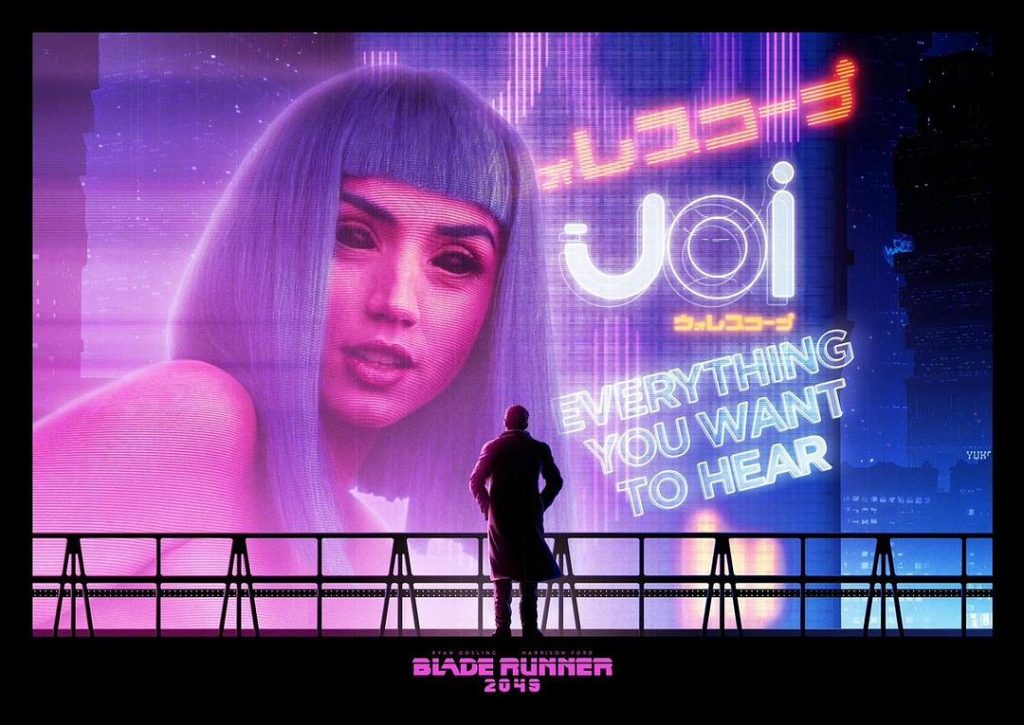
In the real society, when artificial intelligence develops to a stage of self-awareness, how should we get along with it?
In general, “Blade Runner 2049” uses the background and themes of science fiction, and always focuses on the theme of “humanity and soul”.
In essence, “Blade Runner 2049” should be a literary film, and the details, soundtrack and composition all reveal strong humanistic feelings.
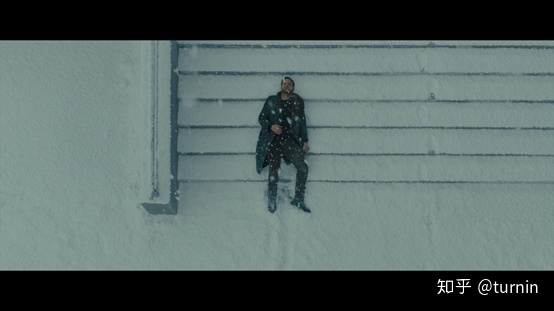
“Blade Runner 2049” is a very good work.
If the machine has all the characteristics of human beings, it can think independently, and it has rich and strong emotions. Should he have human rights?
Should it be called a person?
What is the human nature that we admire?
Is it unique to creatures like humans?
Can it be independent of the human body?
It seems that this series of philosophical questions will never have answers, but good works should have aroused thinking.
And there is no doubt that “Blade Runner 2049” successfully left these seemingly illusory but in a sense very realistic problems to its audience.
